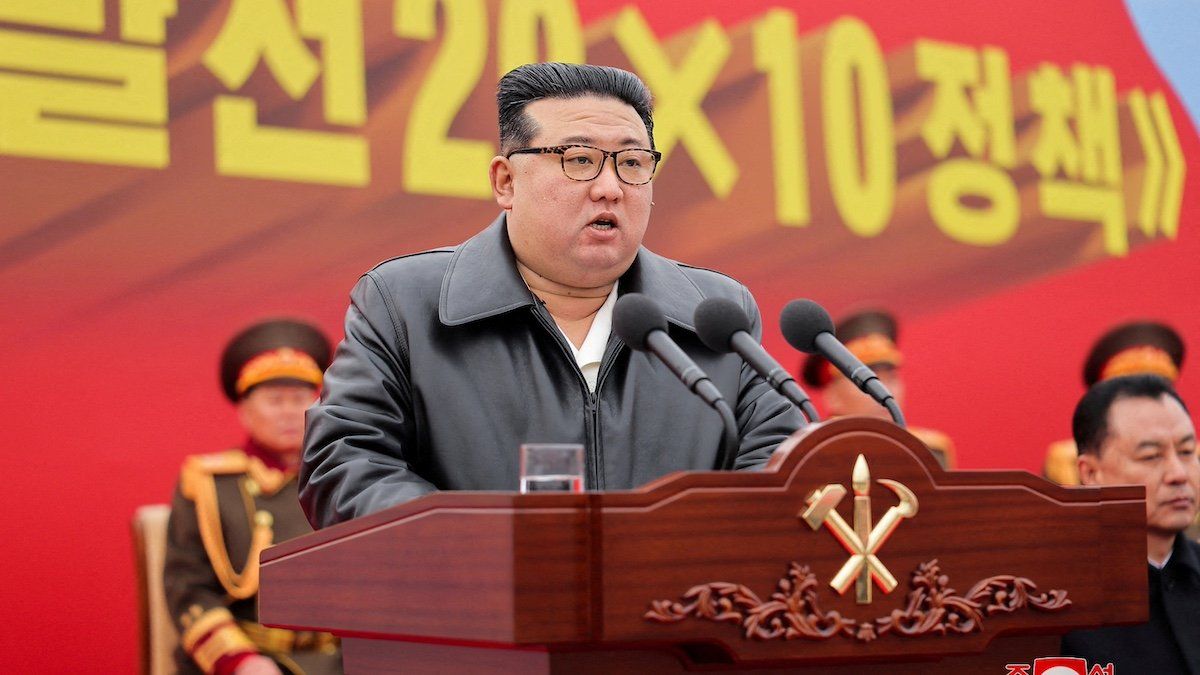International Atomic Energy Agency head Rafael Grossi said Tuesday that the UN body supports Japan’s efforts to hold a summit with North Korea to boost engagement, even if nuclear weapons aren’t on the agenda.
Japanese Prime Minister Fumio Kishida has said he is prepared to meet with North Korean leader Kim Jong Un as he tries to bring back Japanese nationals abducted to North Korea between 1977 and 1983. Kim’s sister Kim Yo Jong, who holds considerable sway, indicated that Pyongyang would be open to talks with Japan last month.
Japan secured the release of five abductees in 2002, and of their children in 2004, but Pyongyang has since stonewalled. Of the 12 people Japan believes remain imprisoned, North Korea claims eight are dead and that four were never abducted.
Why the change of heart? Kim may be hoping to use the talks to muck up the growing closeness between Tokyo, Seoul, and Washington. The Supreme Leader has made significant rhetorical changes toward the South, renouncing the goal of reunification and referring to Seoul as “the main enemy.” Hawkish South Korean President Yoon Suk-yeol wasn’t eager for rapprochement anyway, while the Biden administration has mostly ignored Pyongyang.
Only Kishida, facing an election expected this year amid sagging approval and scandals, has any reason to talk with Kim. A breakthrough on the emotional issue of abductees — even simply obtaining proof of life or death — could goose his numbers.